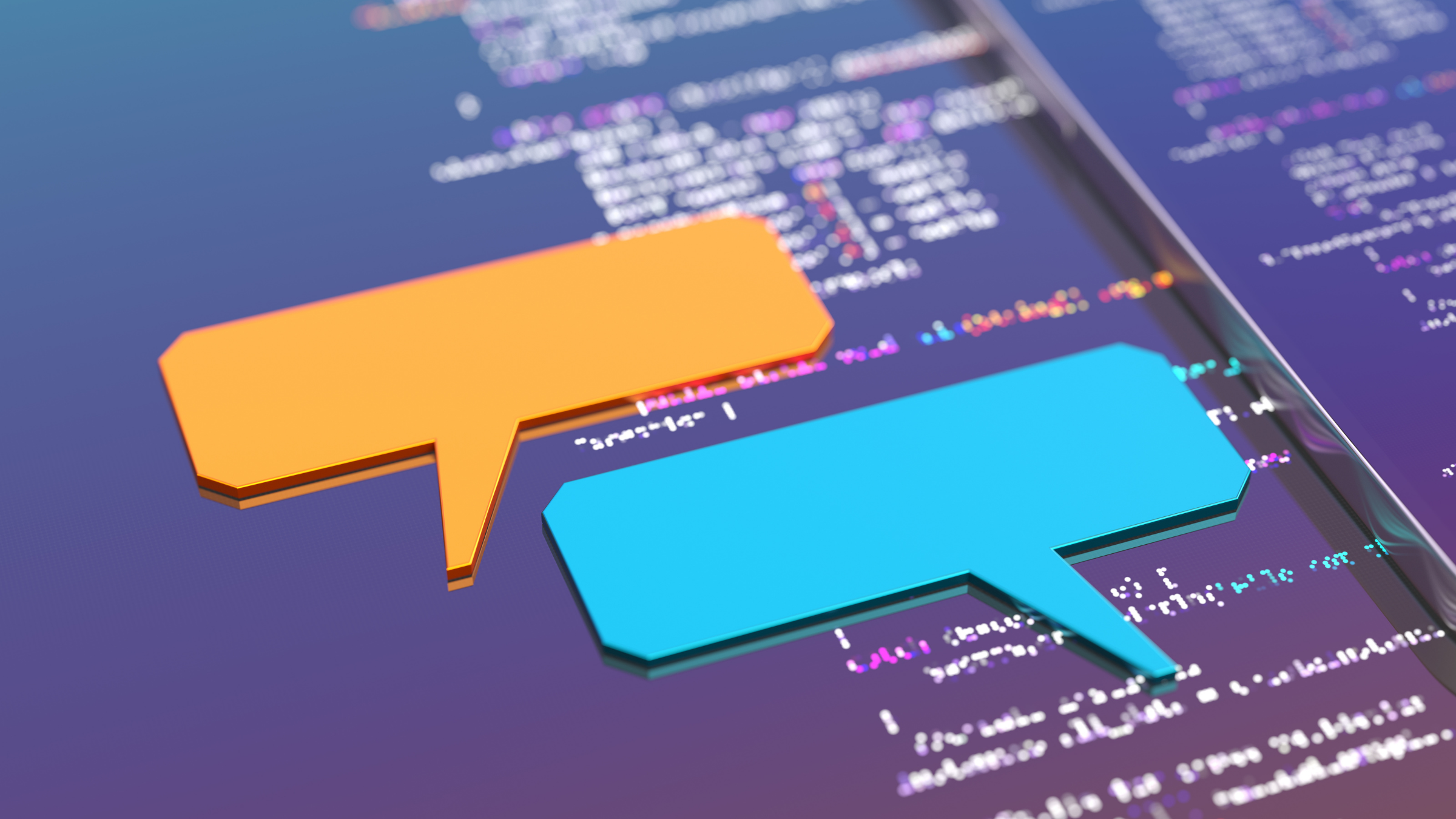Artificial intelligence (AI) has become ubiquitous in our world, and its impact on education and leadership is no exception. AI-powered tools and technologies are already being used to transform the way we learn and teach, and their potential to further revolutionise education and leadership is vast.
This article explores the multifaceted implications of AI in education, considering its potential benefits, challenges, and the evolving role of educators and leaders.
Data Privacy and AI Development
Data privacy stands as a significant concern within the AI landscape. Recent developments emphasise the importance of safeguarding personal information and ensuring privacy in AI-driven systems. The evolution of AI platforms, such as ChatGPT, showcases the capabilities of AI engines to generate content with increasing accuracy. This includes functions like auto-correction, which aids in creating coherent and accurate content efficiently. While AI tools like Gamma Dot App demonstrate the potential for streamlined content generation, it’s vital to recognise that AI is still in its infancy, and deeper analysis and validation remain crucial.
AI Platforms and Their Functionality
AI platforms like ChatGPT, powered by OpenAI, and Google Bard highlight AI’s diverse capabilities. These platforms not only generate responses but also exhibit learning mechanisms through user interactions. ChatGPT 3.5 and ChatGPT 4.0, for instance, provide users the opportunity to experiment with AI-generated content and even incorporate plugins for added functionalities. The integration of AI into various applications, from writing assistance to generating personalised content, underscores AI’s increasing pervasiveness in our daily lives. This will continue to evolve and eventually that specific talk about “AI” will fade as it becomes more integrated into already commonplace tools. A good example of this is the recent release of Microsoft’s Co-Pilot in Windows 11.
Shaping Assessment and Curriculum
The education sector is experiencing a paradigm shift due to AI’s influence on assessment methodologies and curriculum design. Emphasis on signposting and progression becomes paramount as educators seek effective ways to gauge student achievement. Micro-credentialing emerges as a compelling approach, enabling the accumulation of smaller achievements towards larger competencies. Post-assessment assessment—a term coined to qualify and validate assessment outcomes—underlines the importance of human judgment in the evaluation process. This reflects a balanced approach where AI complements human expertise rather than replacing it.
The Human Element in Education and Ethical Considerations
In the context of AI’s increasing influence in education, fundamental questions arise concerning the essence of human contributions. As AI autonomously learns languages and acquires knowledge, educators find themselves in a position where they must redefine their roles, emphasising the unique attributes that humans bring to the educational landscape. This redefinition centres on fostering authentic learning experiences and cultivating skills that AI cannot replicate, such as human understanding, empathy, and creativity. This human touch remains pivotal in shaping future generations and maintaining the integrity of education.
However, as AI’s prominence grows, ethical considerations come to the forefront of educational discussions. Educators and leaders must adopt a balanced perspective, acknowledging AI as a tool rather than imbuing it with human attributes. This perspective is vital to uphold ethical boundaries while harnessing AI’s capabilities. Simultaneously, amidst AI’s integration, educators must carefully contemplate the impact of technology on human connections. While AI offers efficiency and innovation, it must coexist harmoniously with the enduring significance of authentic relationships in the educational context. Striking this conscious balance between technological advancement and human connections remains essential to foster the holistic development of students and preserve the timeless essence of quality education.
Adapting Key Competencies: The AI Lens
The integration of AI compels educators to re-evaluate key competencies through an AI-focused lens. Traditional competencies must evolve to encompass AI literacy, critical thinking, and the ability to navigate an increasingly digital world. Adapting these competencies ensures learners are equipped to harness AI’s potential effectively while retaining the unique qualities that make humans distinct.
Pioneering Leadership: Practical Steps in AI Integration
For senior leaders in educational institutions, taking proactive steps in AI integration is essential. Here are several practical actions to consider:
Familiarise with AI Technology: Engage with AI technology and complete relevant courses to demystify its applications, and explore platforms like Microsoft’s generative AI course and Google’s AI training resources.
Prioritise Data Privacy and Security: Regularly assess data security protocols to prevent breaches and unauthorized access and implement two-factor or multi-factor authentication to enhance cybersecurity measures.
Explicit AI Policy: Develop policies explicitly addressing AI usage in assessment, curriculum, and other contexts. Emphasise transparency and ethical considerations in AI applications within educational settings.
Engage Students in AI Education Introduce AI courses or clubs to educate students about AI’s capabilities and potential. Foster student awareness of AI-related issues, encouraging informed digital citizenship.
Benchmarking AI Performance: Establish AI benchmarks for various tasks, including assessment question responses and utilise AI as a tool to gauge student progress and foster deeper understanding.
Re-evaluate Key Competencies: Reflect on how AI influences key competencies and whether they remain relevant. Realign key competencies to encompass AI literacy and critical thinking in the digital age.
Conclusion
The AI revolution brings both excitement and responsibility. As education embraces AI’s potential, it must do so with a clear focus on preserving the core values of effective teaching and leadership. Ethical considerations, thoughtful policy development, and strategic implementation will determine the success of AI integration. The path forward demands a delicate balance between innovation and the enduring essence of quality education.
At New Era Technology, we understand the challenges and opportunities presented by the AI revolution in education. Our expertise in navigating schools through AI and other technological advances can help you strike that balance, ensuring a future where innovation enhances, rather than compromises, the core values of education and leadership. Contact us today to embark on this transformative journey together.

 Australia
Australia Canada
Canada LATAM
LATAM UAE
UAE United Kingdom
United Kingdom United States
United States




